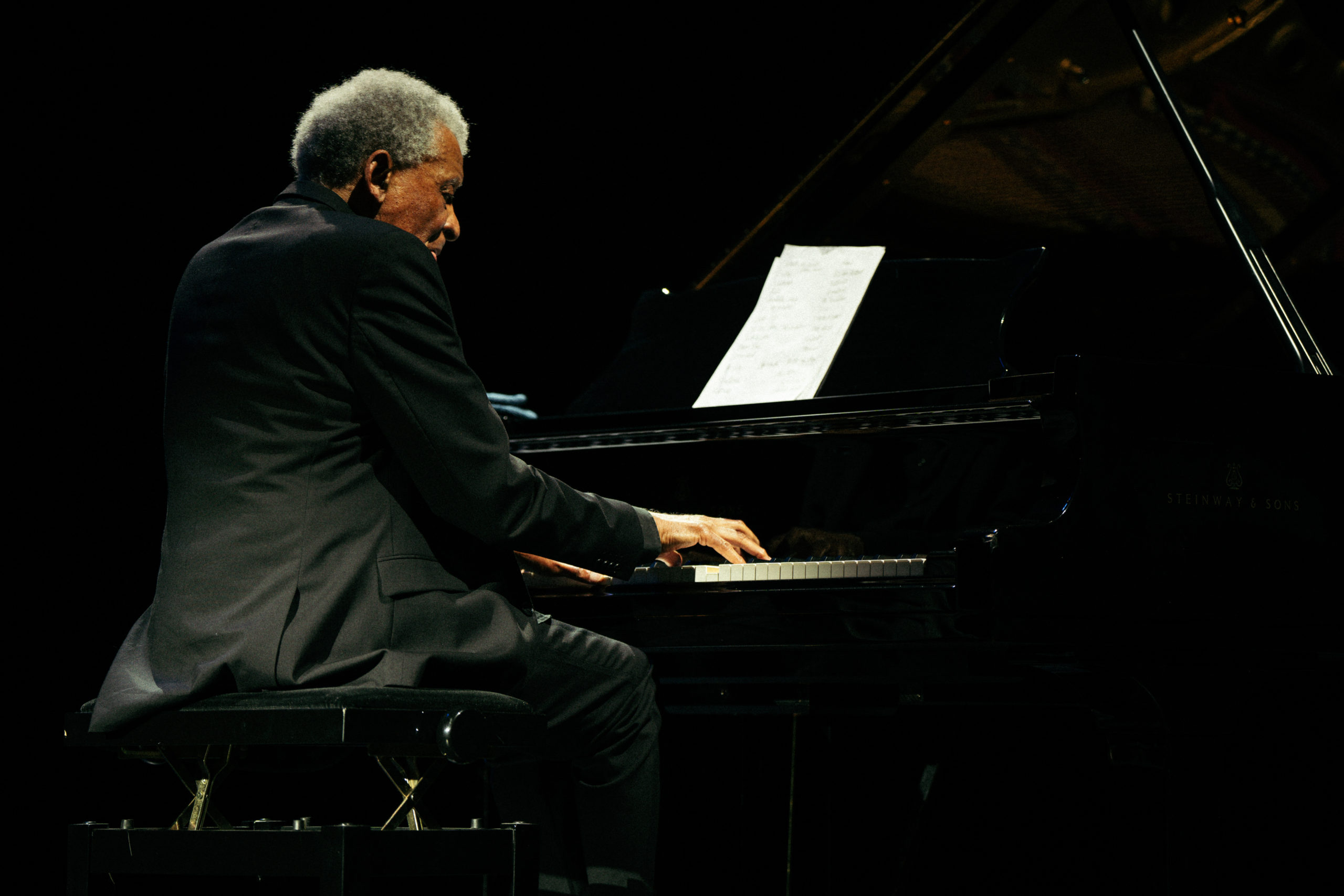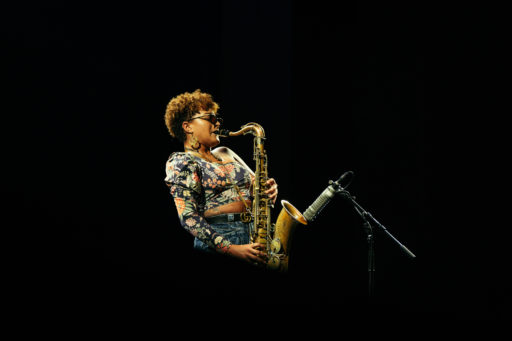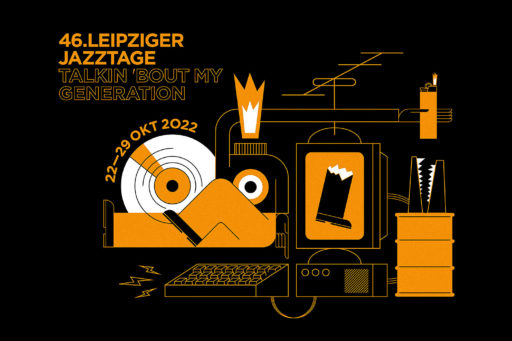How does a whole life sound?

With Abdullah Ibrahim, a musician opens the 46th Leipzig Jazz Days whose name can be printed boldly on the posters. The South African pianist combines over 70 years of music career and played with the greats of his time. He will give a solo concert on the stage of the Leipzig Opera.
Abdullah Ibrahim, who had just turned 88 two weeks earlier, is led before the opera audience by an attendant. After the latter has disappeared behind the curtains, the artist is alone on stage with the Steinway grand piano. He begins to play, fills the room with his sound and his life story, and does not stop for the next hour.
On this evening, Ibrahim's playing tells of a life in music. In his one-hour improvisation, the artist incorporates boogie-like rhythms, complicated runs, broadly laid melodies and his own pieces. Each musical idea is given space with pauses in which the artist rests one or both hands on his legs for a few seconds. The sounds find time to unfold, the ideas reverberate. Thus, even faster passages never become hectic; calm and reflection dominate. The lively change of passages can be exhausting at times, because the ear, which is looking for support, has to readjust after each idea. The audience gets a breather when the improvisation leads to Ibrahim's piece "Blue Bolero". And how beautiful this break is: the melody is clear, gives orientation and security. The individual notes are placed with such reverence that it hurts to listen. The left hand leaves room for the right, the right plays directly into the heart, while Ibrahim's questioning sound does not seem to get quieter in the pauses, but louder.
After the piece, the improvisation becomes faster, the previously still dominant rests recede somewhat into the background. The contrast seems to prepare what follows. When Ibrahim plays "Blue Bolero" a third time towards the end, the ear is already used to the melody. But the motif sounds different this time: it sounds like a homecoming, it sounds like a mother calling the children in from playing. It sounds as if some peace has returned at the end of a hectic and changeable life.
Standing ovation. The audience applauds the performance and the life's work of the artist, who does not speak a single word the entire evening. Ibrahim responds with hands devoutly clasped in front of his chest and indicates with a raised index finger that an encore will follow.
After the encore, a short piece, Ibrahim is led off stage to applause. A few steps away from the piano, the artist stops and turns to the audience one last time. Then Ibrahim begins to sing. With his eyes closed and a hand to his cheek, the artist sings a spiritual while the audience, which had stood up for the applause, remains standing as if in shock. The moment is real, the voice not as perfect as his piano playing. The man who grew up in South Africa during apartheid, who lived in exile for over 30 years, whose father was murdered, sings, "And the day, when I came back, to the land, where I was born, there was no one to welcome me home."
Abdullah Ibrahim leaves a deep impression that will long outlast the moment and evening.




